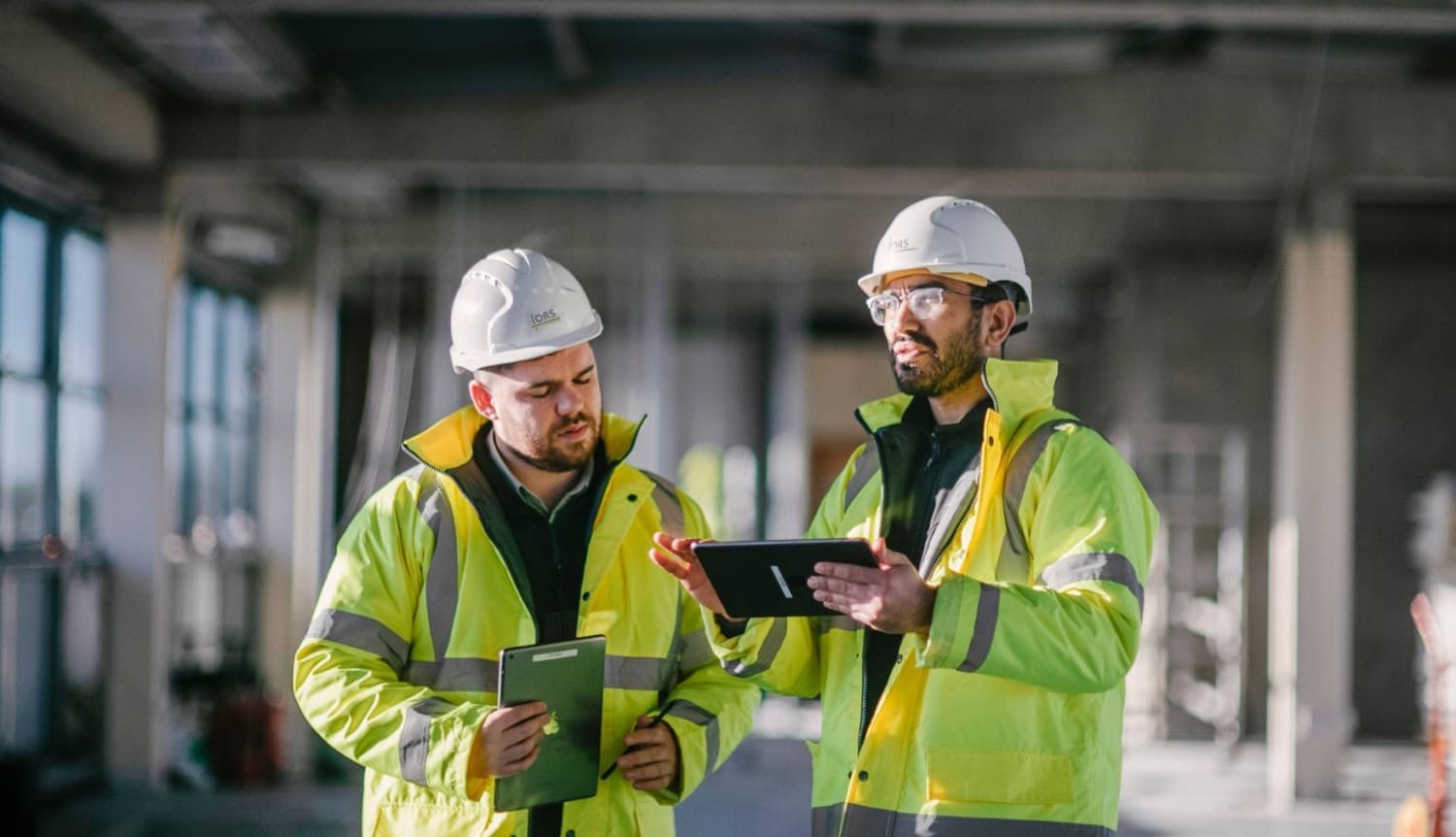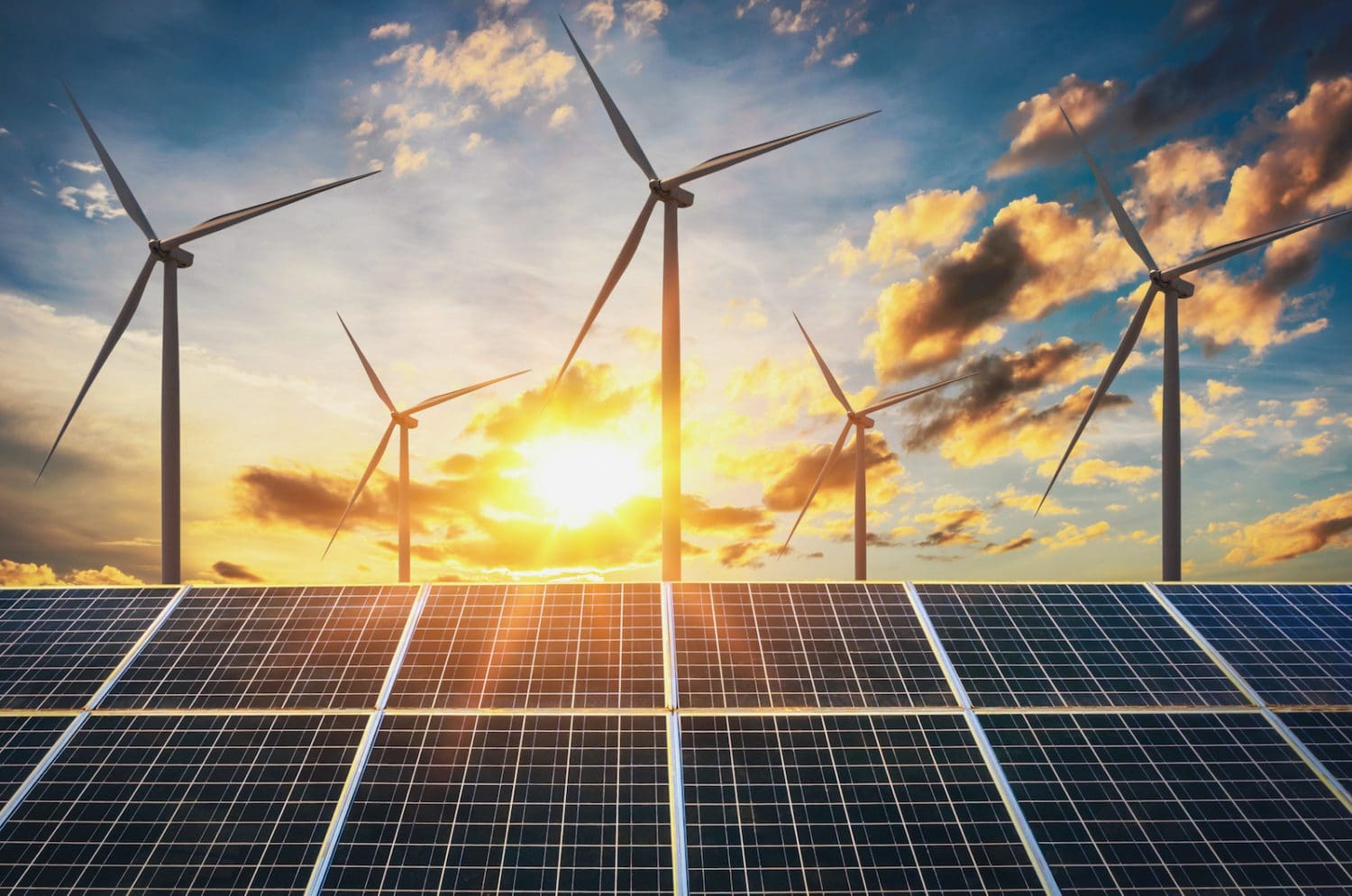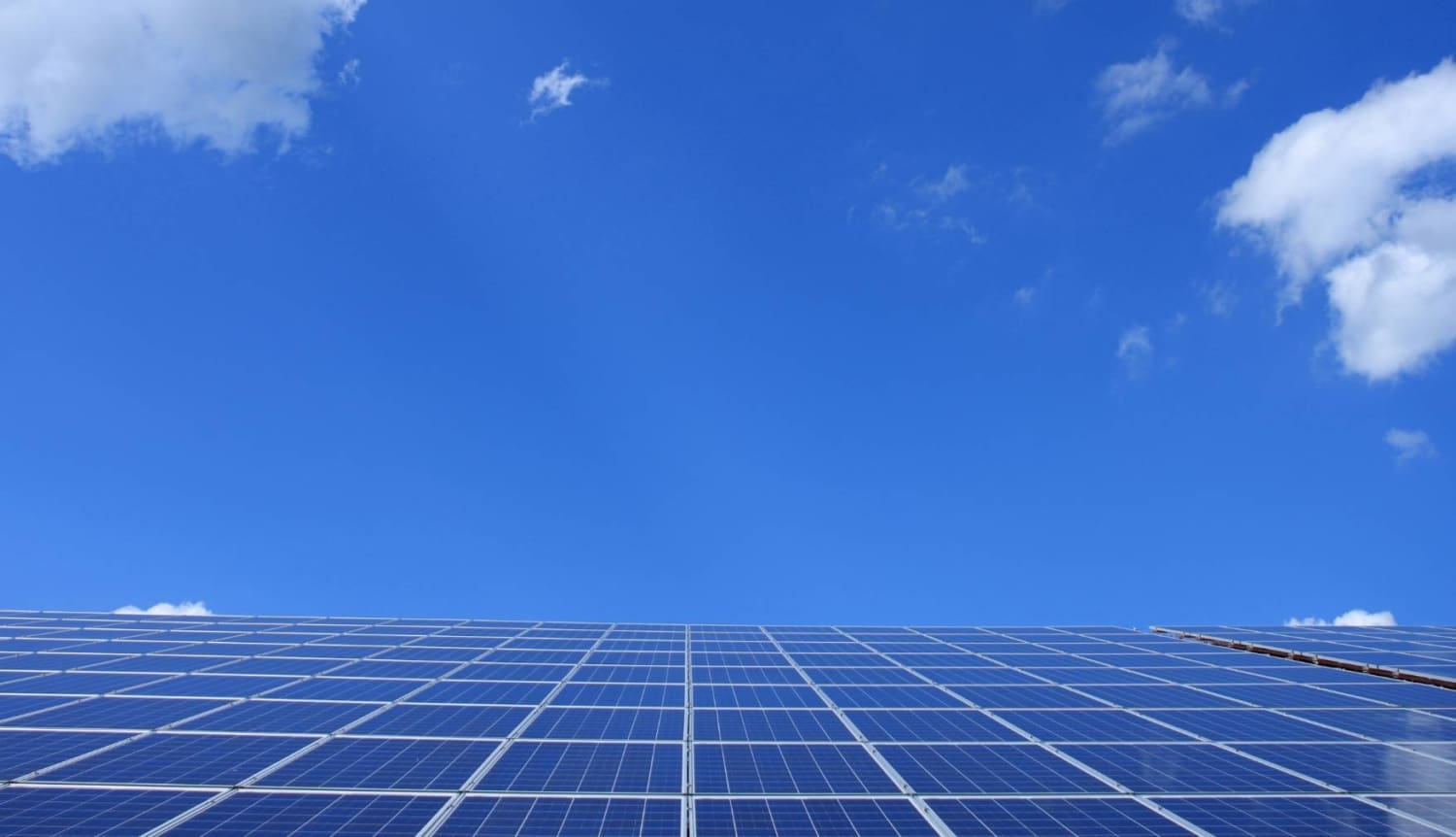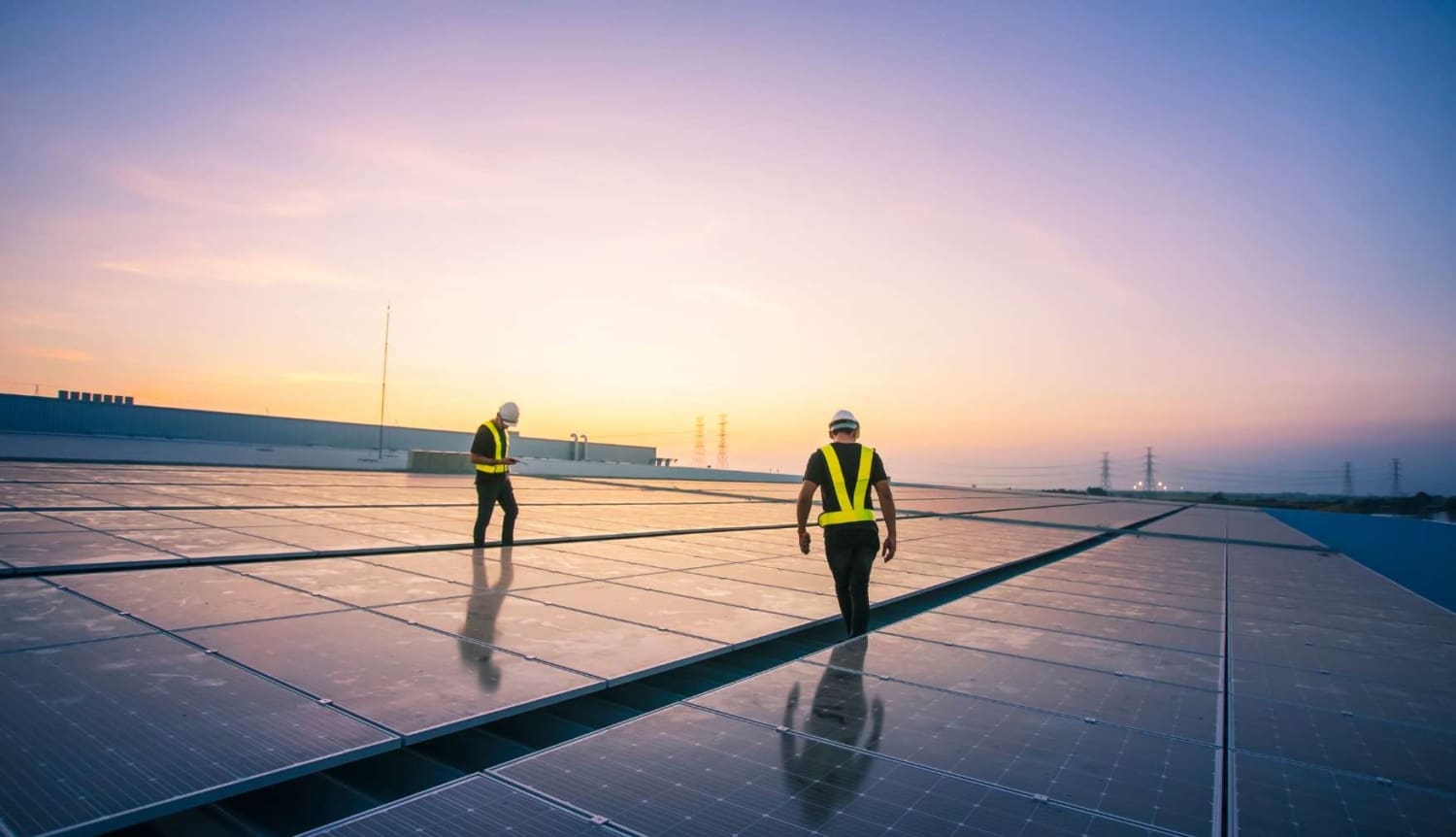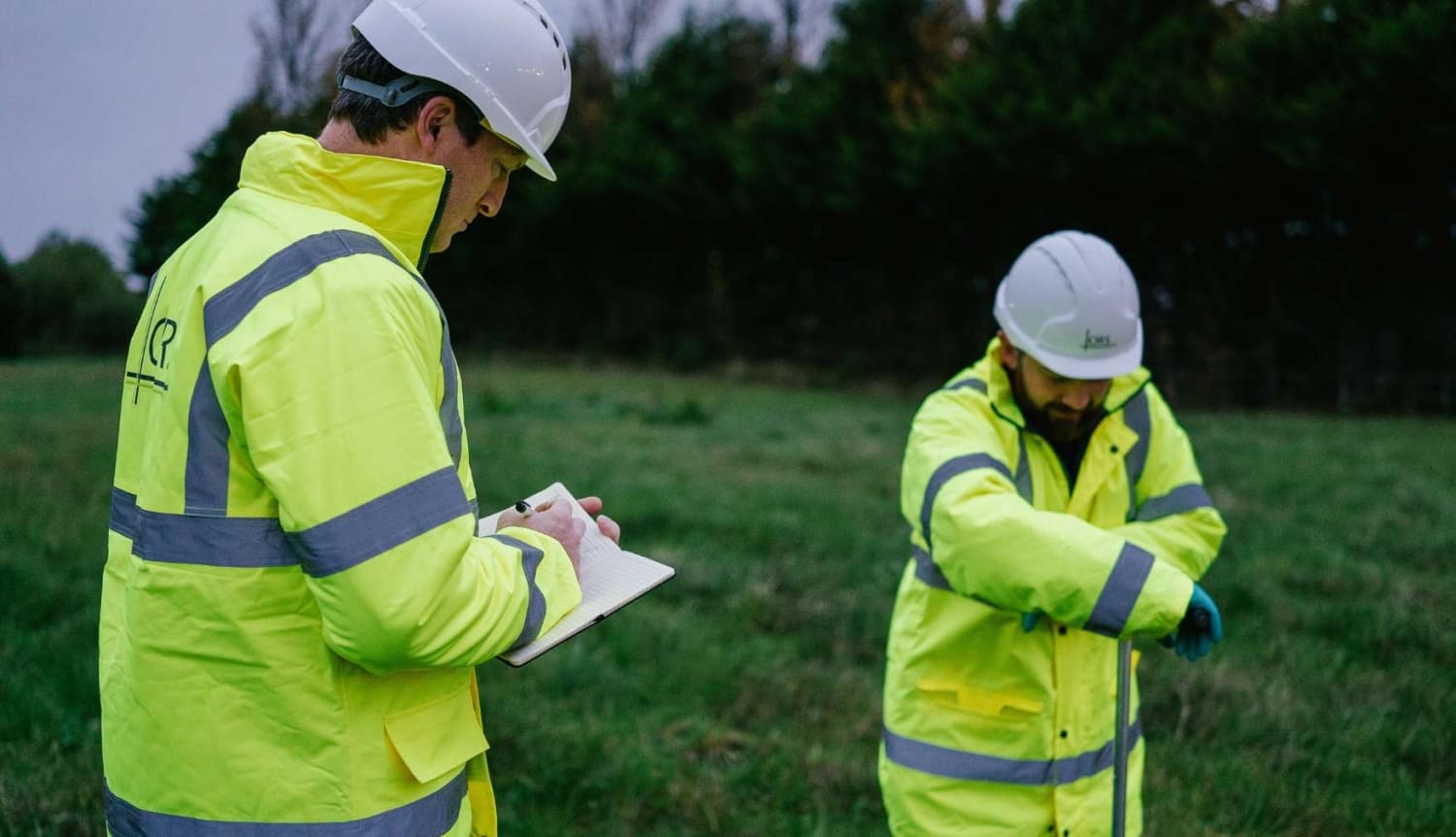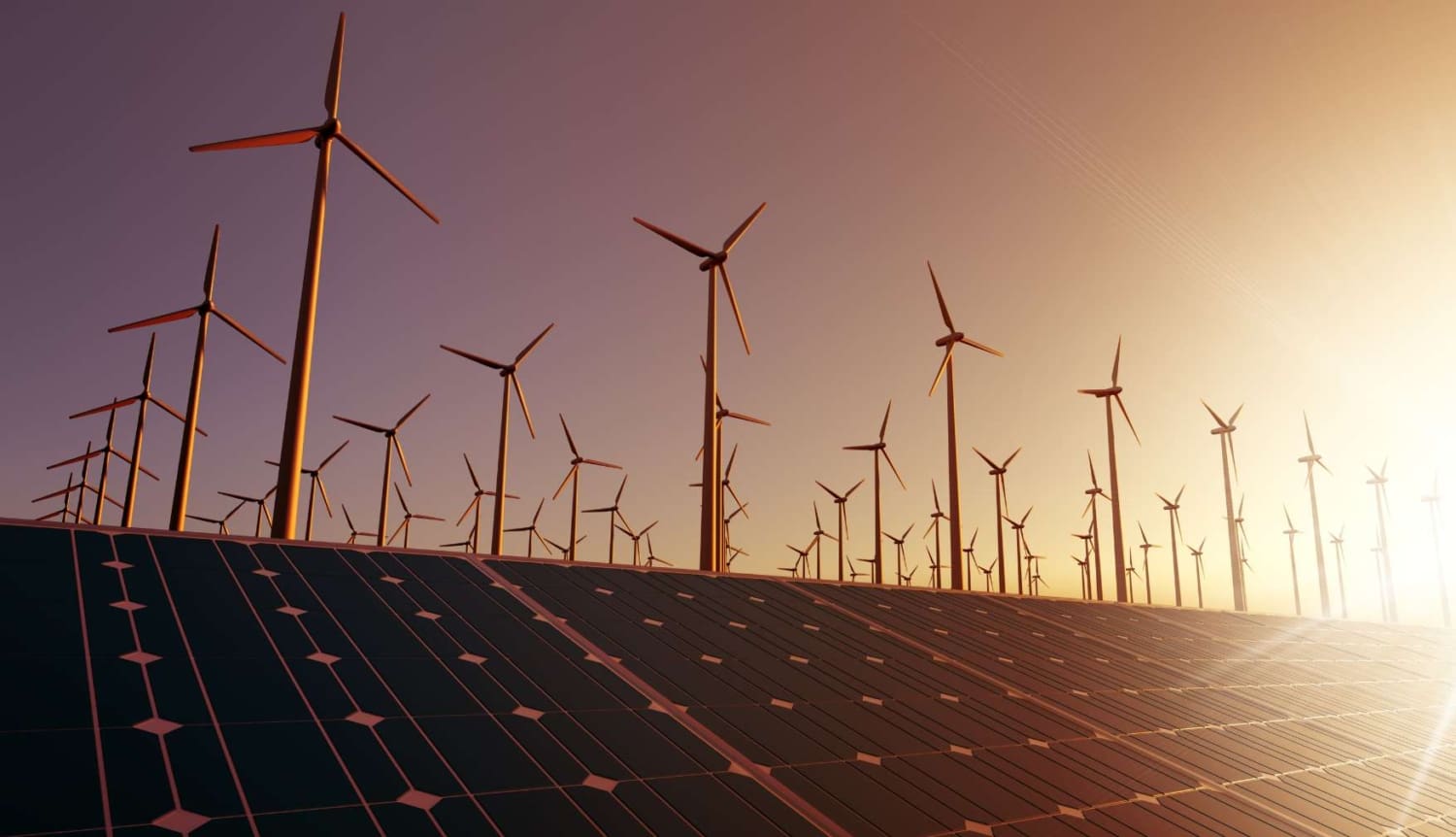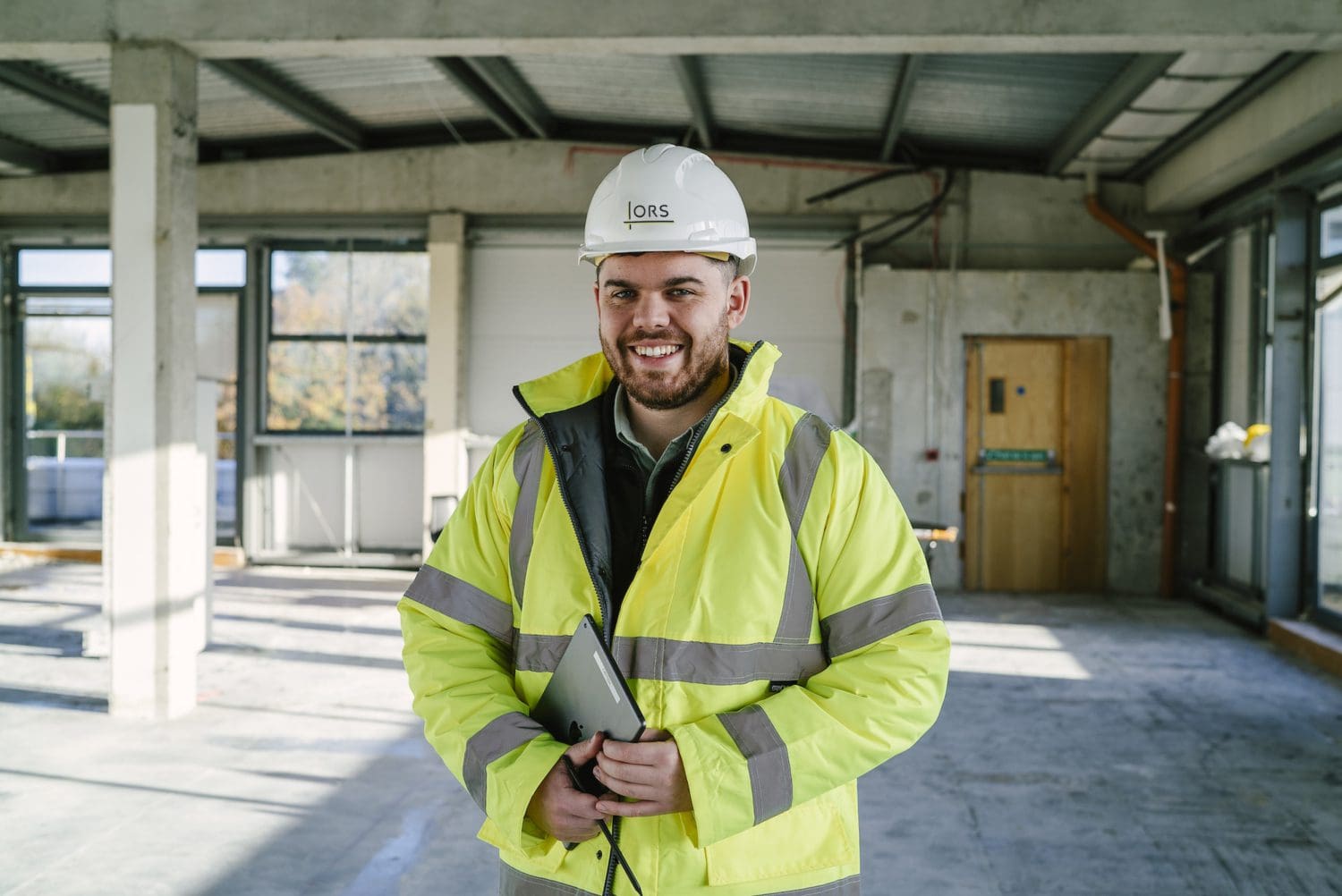In Ireland, achieving energy efficiency in buildings is a legal requirement. Part L of the Building Regulations, established by the Department of Housing, Local Government, and Heritage, sets the standards for energy performance and conservation in both new and existing buildings. Part L is sometimes also referred to as nZEB (Nearly Zero Energy Buildings). Here,
Read More
Embodied carbon refers to the total amount of carbon dioxide (CO₂) emissions associated with the production, transportation, and construction of building materials and products.
Read More
In Ireland, ensuring energy efficiency in buildings is not just a choice but a legal requirement. Part L of the Building Regulations introduced by the Department of Housing, Local Government, and Heritage outlines the standards for energy performance and conservation in both new and existing buildings. Part L is sometimes also referred to as nZEB
Read More
Amidst the recent energy crisis that has led to surging energy prices across Ireland and Europe, organisations are now focusing significantly on their energy consumption, elevating it to a top priority for ensuring financial stability. The key lies in understanding energy usage, an integral aspect of managing the financial health of a business. Familiarising members
Read More
ISO 50001 is an internationally recognised standard developed by the International Organisation for Standardisation (ISO) for Energy Management Systems (EnMS). It is a framework for organisations to establish, implement, maintain, and continually improve their energy usage. Designed to cater to organisations of varying sizes and industries, ISO 50001 serves as a strategic tool to elevate
Read More
How energy audits can help reduce energy costs of SME’s by understanding consumption through Energy Audits. The energy sector has experienced an increase in fuel costs across the board in the last 12 months, which has prompted a lot of business to reevaluate their energy use to find ways to reduce energy costs. The SEAI
Read More
Building surveying TEAM Our comprehensive building surveying solutions are meticulously crafted by incorporating industry best practices and refined across our multidisciplinary services, ensuring precise alignment with our client’s requirements. Discover more Meet Deirdre, the ORS Building Surveying Lead. She joined ORS in 2020 and is a Registered Building Surveyor with fifteen years’ post-graduate experience. Deirdre has
Read More
Our ENvironmental TEAM Our people are proficient in environmental science. As highly-qualified environmental experts, we act as an ambassador for our private and public sector clients, managing a broad range of specialist services on their behalf. Discover more As joint head of the ORS Environmental Team, Luke has an extensive environmental science background, with a
Read More
Our ENERGY MANAGEMENT TEAM Our robust Energy Management Team mentor and support organisations nationwide to address their energy use and improve competitiveness while significantly reducing costs and environmental impact. Discover more Meet Daniel Fennell, an accomplished Energy Management Lead at ORS with vast expertise in all aspects of energy management. Daniel is renowned for his
Read More
June 2018 set a new defining moment in the path to Europe’s ambition of a low-carbon economy by 2050. A new financially binding renewable energy target for the EU of 32% by 2030 was agreed. Consequently, energy compliance has become more of a priority for measuring and reducing targets. As a result, SI 426 compliance
Read More


